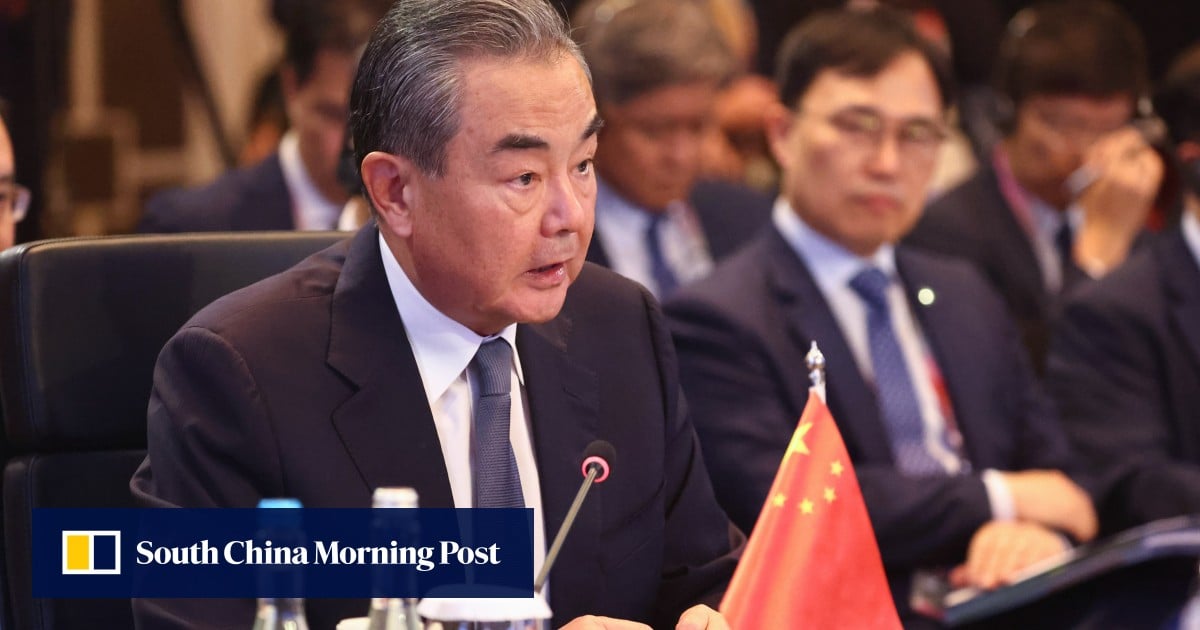
“[We should] join hands to advocate an open regionalism, build closer regional cooperation, jointly safeguard the interests of developing countries and jointly defend international justice,” he said.
The economic bond between China and its southern neighbours could be made stronger by increasing inter-connectivity under Beijing’s flagship Belt and Road Initiative, which includes massive cross-border infrastructure projects like the China-Pakistan Economic Corridor (CPEC) and the planned China-Nepal railway, Wang said.
“China welcomes South Asian countries to continue to ride on China’s development momentum and share the benefits of China’s growth,” he said.
He also called for deeper trade ties and the alignment of systems and standards to boost global supply chain links, as well as more people-to-people exchanges.
The China-South Asia Expo is part of Beijing’s efforts to promote stronger links with regional countries.
The four-day event this year is being co-hosted by the Chinese Ministry of Commerce and the Yunnan provincial government.
Participants include South Asian countries like India, Pakistan, Afghanistan, Bangladesh, Sri Lanka, Nepal and the Maldives, as well as Southeast Asian nations and members of the Regional Comprehensive Economic Partnership, according to the organisers.
The expo was launched in 2013, when President Xi Jinping initiated his signature belt and road strategy to extend China’s global reach through infrastructure and investment.
South Asia, with its strategically significant land and sea routes, has a key role in the ambitious connectivity plan stretching into the Middle East, Africa and Europe.
For instance, the CPEC is the “flagship” project of the initiative, with China pledging US$62 billion for ports, oil and gas pipelines, power plants, roads and railways in Pakistan, its key strategic partner in the region.
“Over the past 10 years, we have consolidated our unity and cooperation and jointly maintained a safe and secure environment for development in the region. We have continued to build the belt and road together and have made encouraging progress in connectivity, infrastructure, trade and investment,” Wang told guests at the expo.
However, there have been some hurdles along the way. Belt and road projects in Pakistan have encountered some local resistance as well as security threats, including terror attacks. In the latest such incident, Balochistan militants attacked a convoy of Chinese workers on Sunday.
In Sri Lanka, China’s development plans have been accused of worsening the country’s debt crisis.
India, the largest country in South Asia, has refused to back the initiative, given an unresolved border dispute with China as well as their strategic rivalry, and concerns about the geopolitical implications of some of the Chinese-led projects in South Asia.


